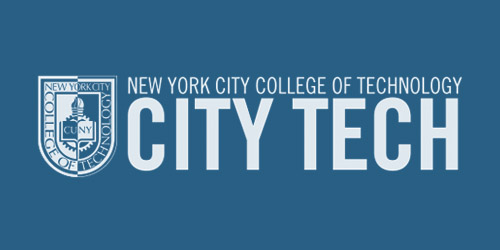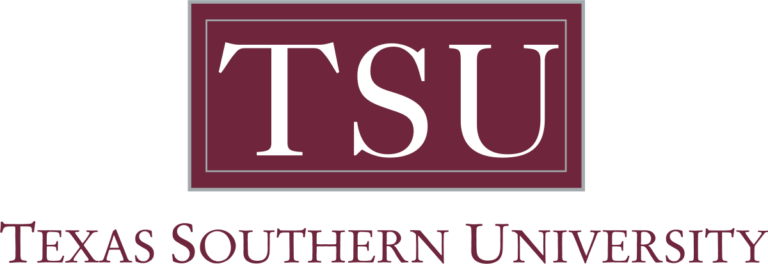
The Tandon School of Engineering, NYU’s college of engineering and applied sciences, is the second oldest private engineering and technology school in the United States. Transportation students at NYU live and work in the epicenter of one of the largest and most complex urban transportation networks in the world, using New York City as a living laboratory to learn about and study today’s most pressing transportation issues. Esteemed faculty offer a wealth of expertise, training students in everything from the fundamentals of traffic engineering to the latest in smart cities technology.
The primary departments involved in transportation education are the Department of Civil and Urban Engineering (CUE) in the Tandon School of Engineering, the Wagner School of Public Service, and the Center for Urban Science and Progress (CUSP).

At the University of Washington’s department Civil & Environmental Engineering (UW CEE) students and faculty are taking on the challenges presented by aging national infrastructure, while developing new approaches to address the needs of urban systems and communities around the globe. UW CEE is dedicated to providing students with leading-edge technical skill development and opportunities for hands-on practice to enable them to tackle complex engineering problems in response to changing technological and societal needs.
UW CEE is unique in the number of study abroad opportunities led by department faculty. Many students study abroad in other countries, enabling them to gain an international and historical engineering perspective.

At Rutgers Engineering, students have the opportunity to be part of a dynamic engineering community that includes world-renowned faculty conducting leading-edge research as well as engaged and motivated students from a diversity of backgrounds and interests, who remain networked beyond their studies as part of a 25,000-strong alumni association.
Rutgers engineering scholars and professionals are out front communicating ideas and envisioning projects and solutions that make the world a better place to live.
An engineering degree from Rutgers is a springboard to an innovative and impactful career. Graduates leave with a solid technical and scientific foundation that empowers them to build a future that’s sustainable, ethical, and secure for all.

CUNY-New York City College of Technology has a robust undergraduate research program where its diverse body of student researchers participate in semester or year-long research projects with faculty mentors from all C2SMARTER institutions.
City Tech is a designated Hispanic-Serving Institution (HSI), committed to providing broad access to high-quality technological and professional education for a diverse population. It places first among CUNY colleges in NSF rankings of schools that award STEM associate degrees to women, minorities, and persons with disabilities. Of the 14,276 enrolled students, 85% identify as non-white, where 34% are Hispanic, 28% are Black, 21% are Asian, and 46% of enrolled students are female.
City Tech has research laboratories for materials testing, three 3-D and digital fabrication laboratories (5,500sf), and a 4,000sf machine shop. City Tech is also the founding partner of The Research Yard (TRY) at the Brooklyn Navy Yard a 40,000sf state-of-the-art advanced research and applied learning space.

The University of Texas at El Paso (UTEP) is a comprehensive top tier public research university that is increasing access to exceptional higher education. UTEP seeks to advance discovery of public value and positively impact the health, culture, education, and economy of the communities they are part of and serve.
UTEP has partnered with the Universidad de Guadalajara for the “U.S.-Mexico Bidirectional Study Abroad Program on Smart Cities.” Created in 2007 as part of this program, the Cyber-Share Center of Excellence conducts research on the integration of knowledge, models, and data in collaborative contexts, especially across disciplinary and organizational boundaries..

North Carolina Agriculture and Technical State University (NCAT) is home to the first National Science Foundation Engineering Research Center at an HBCU. It is one of a handful of select engineering programs in North America participating in the Society of Automotive Engineers/General Motors AutoDrive Challenge to create a next-generation self-driving vehicle and are at the forefront of transportation innovation.
NCAT, the largest historically black university in the country, produces more African American engineers and agricultural scientists than any university in the nation. Of the 12,000 enrolled students, 66% are female and 85% identify as American Indian, Black, Hispanic, or Pacific Islander. NCAT’s STEPS4GROWTH program, a multidisciplinary initiative based in the Computational Data Science and Engineering departments, recently received a $23.7 million Good Jobs Grant in recognition of its leading role. They recently opened a new, $90 million Engineering Research and Innovation Center, to foster an ever-expanding research program through expansion of strategic partnerships with a broad range of federal agencies and private concerns.

Texas Southern University (TSU) is one of the nation’s largest historically black universities in the country, with over 90% of minority enrollment, and their faculty mentorship program for untenured junior/young faculty targets minority faculty recruitment and retention. Their partnership with Houston-Galveston Area Council and US Army Corps of Engineers at furnishes students with internship opportunities in the public sector.
TSU runs a state-of the-art Traffic Operations lab with hardware-in-the-loop capabilities, to make it virtually available to other team members and partners for research, teaching, and training.
Certificate Programs
TSU has certificate programs in Construction Technology and Maritime Transportation, which are designed to develop qualified personnel for transportation employment to enhance workplace skills in the industry for career advancement. The Maritime Certification Program evolved from our Transportation Studies degree program to provide comprehensive transportation education and prepare students to enter the public and private sectors with considerable training and advanced knowledge.
B.S. Programs
TSU has a B.S. program in Maritime Transportation Management and Security through interdisciplinary undergraduate research and education. This program provides students with three concentrations: Logistics & Freight, Security, and Environment. TSU also offers a B.S. in Aviation Science Management geared towards people who want professional jobs at airports, in airlines, air traffic controls, etc. The aviation industry is in need of aviation professionals from management to pilots.
